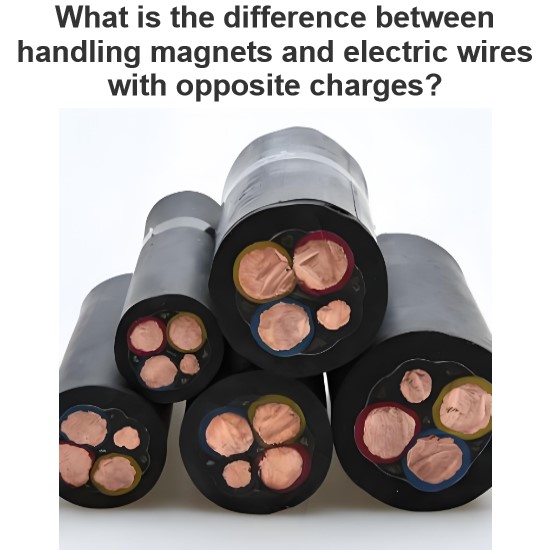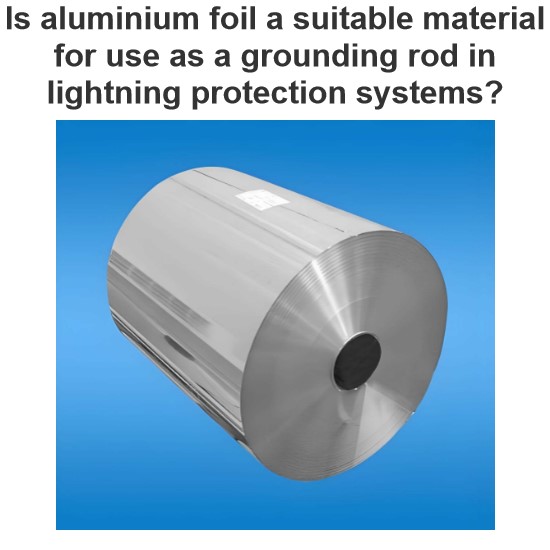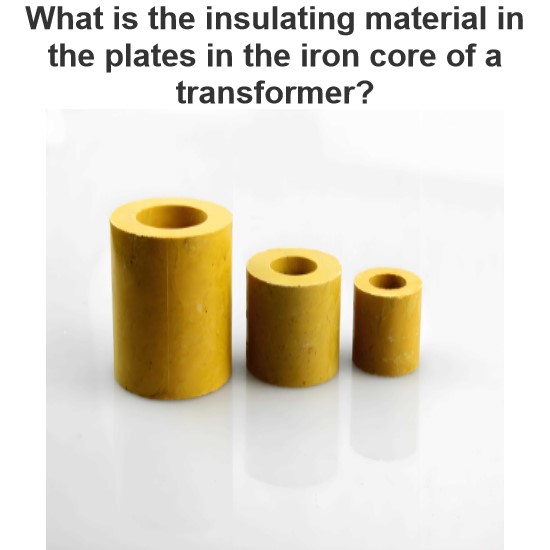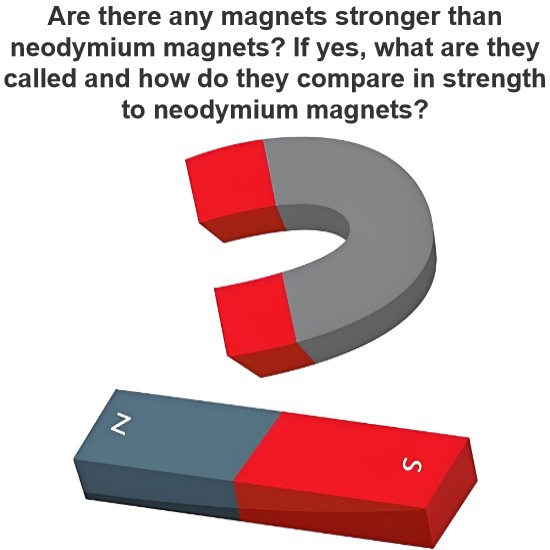Classification of Electrical Engineering Materials
Materials used in the field of Electrical Engineering are called the Electrical Engineering materials. Based on properties and area of applications, Electrical Engineering materials can be classified as below-
Magnetic material
A classification chart of electrical engineering materials is shown in figure below
Conductors
Conductors are the materials which have very high conductivity. The number of free electrons are very high in a conductor at room temperature, which is the basic reason of high conductivity of conductors.
Examples: Silver, Copper, Gold, Aluminum etc.
The number of free electrons are very high in silver, which makes the silver a best conductors of electricity. The binding force on these free valance electrons by nucleus is very low. Due to which these electrons can easily be freed from the nucleus and can participate in the flow of electricity.
Semiconductors
Semiconductors are materials which have the conductivity between conductors and insulators. Semiconductors are the elements of group-III, group-IV and group-IV elements. Semiconducting materials have covalent bond. At normal temperature the conductivity of semiconductors is very low. With increase in temperature the conductivity of semiconductors increases exponentially.
Example: Germanium, Silicon, Gallium Arsenic etc.
Insulating Materials
The conductivity of insulating materials is very low. These material are having a very high resistivity which makes them very suitable to insulate the current carrying parts from earthed metallic structure. In insulating materials the electrons are tightly bounded with nucleus. Due to which they cannot be freed for movement in materials. Due to which the resistivity of insulating materials is very high.
Example:- Plastics, Ceramics, PVC etc.
Magnetic Materials
These materials play an important role for existence of various electrical machines. The magnetic materials having high permeability are used for building the core to from the low reluctance path for magnetic flux. Magnetic materials can be further divided in following categories
Paramagnetic material
Diamagnetic materials
Antiferromagnetic materials
Ferrites
Ferromagnetic Materials
These materials are having very large and positive susceptibility to external magnetic field. They are having a strong attraction to external magnetic field and are able to retain magnetism even after removal of external magnetic field. This property of materials is called magnetic hysteresis.
Example: Iron, Cobalt, Nickel.
Paramagnetic Material
These materials are having very small and positive susceptibility to external magnetic field. In the presence of external magnetic field, these materials attain very small magnetism. Example: Aluminum, Platinum, oxygen, Air etc.
Diamagnetic materials
These materials are having very weak and negative magnetic susceptibility to external magnetic field. On application of external magnetic field these are repelled slightly by the external magnetic field. These materials do not retain the magnetism after removal of external magnetic field. Mostly all metals i.e. silver, copper, gold, hydrogen etc. are diamagnetic materials.
Antiferromagnetic materials
These materials are having a very small and positive susceptibility to external magnetic field. In the presence of external magnetic field these materials get slightly magnetized in the direction of the external magnetic field. In these materials, atoms are having mixed parallel and anti parallel aligned magnetic dipole movement.
Example: Cr, MNO, FeO, CoO, NiO, Mn etc.
Ferrites
These materials are having very large and positive magnetic susceptibility like ferromagnetic materials. These materials are generally compounds which are having more complex crystal structures than a pure material. As compared to ferromagnetic materials, ferrites are having lower magnetic saturation.
Example: Fe3O4, BaO.6Fe2O3 etc.
Statement: Respect the original, good articles worth sharing, if there is infringement please contact delete.
Electrical4U is dedicated to the teaching and sharing of all things related to electrical and electronics engineering.




